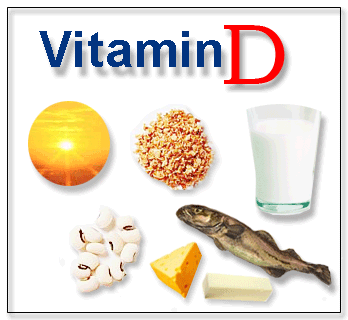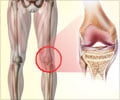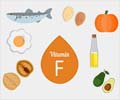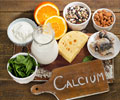Vitamin D
Vitamin D is necessary for the intestines to absorb dietary calcium. Vitamin D comes from food and is also produced by the skin upon exposure to sunlight. Active children and young adults living in sunny regions can produce most of the vitamin D they need from their skin. In areas with insufficient sunlight, or in colder areas in winter, adequate vitamin D cannot be produced by the skin. Vitamin D deficiency is common among the elderly.

Dietary sources
Vitamin D is not present in foods of plant origin except some plants of solanum family. Foods rich in the vitamin include fish liver oils, fortified milk, herring, salmon, fatty fish, milk, eggs, butter, cheese and full fat milk powder
Deficiency aftermath
Children with prolonged vitamin D deficiency can develop rickets. Children with rickets will develop bowing of the extremities due to weak bones. In adults, vitamin D deficiency can lead to osteoporosis and osteomalacia (both conditions of weakened bones).
Tips for supplementation
Vitamin D deficiency is common among the elderly living in the colder regions. Therefore, it is recommended that the elderly take a multivitamin daily, eat vitamin D rich foods, and have regular exposure to the sun several times a week with sunscreen during spring, summer and fall.
For established osteoporosis patients, the recommended dose of vitamin D is 400 IU twice a day. For example, they can take combination pill that contains calcium 500mg and vitamin D 400IU twice a day.
Excessive vitamin D leads to higher blood calcium levels, leading to significant toxicity. Symptoms of vitamin D toxicity include loss of appetite, nausea, vomiting, thirst, excessive urination, muscular weakness, and in severe cases, coma. Consequently, Vitamin D intake should not exceed 1000 IU daily.

While adequate calcium intake and vitamin D levels are important to maintain bone strength, they are not always sufficient to fully protect against the rapid bone loss that can occur around the time of menopause. Estrogen replacement therapy, and medications that strengthen bone may also be necessary, especially among postmenopausal women.
















